Reading Time: ~8 minutes, or 2 minutes less time than it takes to boost brain power.
Scene: St Andrews, Scotland. The Scores Hotel. Morning.

I woke early, around 6:15am. It’d be an hour or so before the others (my brother, some friends) came to, so I headed towards the cafe. At the base of the carpeted, wooden staircase, I gave a good morning to Polly at the front desk. Morning, Polly said, barely looking up. But then, with a face that suggested surprised-recognition-turned-concerned-incredulity, she asked, aren’t you ‘The Vegan?!’
I nodded, hesitantly, half-thinking I was being Punk’d by Ashton Kutcher, and trying to determine how they saw through my omnivoric disguise. Polly shot up, (alone shocking, as although Polly was an enthusiastic woman, she was not a slight one) and hightailed it to the kitchen, I’ll go get the chef. Confused, I walked into the dinning area and sat by the windowed, coastal-facing wall of the 150 year-old, Victorian hotel.
Not a minute had passed, when Chris, a well-meaning, wobbly-eyed waiter resembling Mr. Bean approached me in the way of mornings past. You’re room number, sirrrrr, Chris said, his thickly Scottish and creepy tone surely concealing the murder of the butler with the wrench in the cellar. But then, recognizing me, in a voice that suggests Chris could find employment as the lift attendant on the Tower of Terror, Chris said, aren’t you The Veeeeegan, sirrrr?! I confessed to the charge. I’ll go get the chef.
I sat there wondering how many people it takes to find a chef. Finally, the chef came out, a bald man of about 50, with a huge smile and a lighter Scottish accent. Hi, I’m Steve— you’re the Vegan, ya? I gave an eye rolling confirmation. And then, as if I had admitted to contracting rickets, he reassured me: Oh, ok, well don’t worry, my daughter’s vegan, so I know all about that.
Great, Steve, thanks. Can I just get a black coffee?
My Meat Experiment: Why
FOR THREE YEARS, I’ve been eating 99% plants. But, I wasn’t merely content chomping on broccoli stalks in bubbled-tubs of eucalyptus— not merely that. I’ve shown what a vegan diet does to your blood, and I’ve shown you can build muscle on plants and push-ups. And now, just because I love experiments so much, here’s a new one— a meat experiment.
Meat(?!), but why?
Well, something happened on the way from eating plants to ‘becoming a Vegan,’ something horrible, and it could happen to any unsuspecting bloke. I started to like it.
At first, it was just me experimenting with no meat, allegiance-free. But then, after that whole thing seemed to go pretty well (my LDL cholesterol and inflammation markers plummeted, my testosterone and estrogen stayed normal, and I was even able to pack on some muscle), I just continued with it. Eventually, I started to actually lose my appetite for meat. And let me assure you, this was NEVER my intention. For years I was a shoe-in for the double-chicken burrito bowl at Chipotle, now I can barely look at poultry.
But wait, if your health was good, and you didn’t want meat anyway, what was the problem?
At first, there wasn’t one. I was just eating plants for a year and testing it. The problem came later. Because when you’re eating “vegan”, and people identify you as a Vegan (a la the Scottish staff), you may start identifying yourself as a Vegan, capital V. If I didn’t recognize it before hand, my Scottish friends Polly, Chris, and Chef Steve made it clear.
Identifying as a Vegan makes you more prone to all kinds of psychological pitfalls, like the “confirmation bias.” Developing an inclination that eating a plant diet is better than a meat-heavy one, you start seeing, everywhere, examples of why you are right. Why Vegan is the healthiest and the best thing you can do.
This is a problem for someone seeking not dietary identity, but simply the truth of the matter: what diet is the healthiest for the long-term, without regard for practicality or taste or ease or socially nuisancery? Though the plant diet seems to be in the running, it is by no means definite, as there are reasonable people who disagree.
By the way, this is by no means, a strictly vegan thing. Its a strictly human thing. The confirmation bias is a pretty well-known delusion at this point. When we have a conviction about something (and convictions spring easily from identity, as Paul Graham has discussed), we tend to see and search for only the evidence that proves our thoughts right. Crucially, we also tend to get blinded to the evidence that is objectively reasonable but cuts against that conviction or identity.
Just think of your favorite, highly politicized friend or relative. They might otherwise be intelligent, reasonable people, but when it comes to politics, they can only see the merit in their own views. They are blind to contrary data and perspectives, regardless of source or reasonableness.
So what should a vegan-identifying, confirmation biasing, self-experimenter do?
I have recently been reading a lot on the science of how to make the best long-term decisions in the face of uncertainty. The messages have overlapped into at least one pretty clear piece of advice: constantly seek out different perspectives.
And it’s not just in the psych lab. Billionaires like Ray Dalio and Jeff Besos have claimed that this proactive search for disconfirming evidence— evidence against the opinion they currently hold on an issue— is one of the key principles to their thinking (Dalio calls it Radical Open-Mindedness). They insist that this is fundamental in determining the higher probability truth in a murky world.
Notice, it isn’t merely being passively “open-minded.” This, it turns out, is pretty hard to do when you hold a certain identity or conviction. You’re more likely to give lip service to the other side, build a ‘straw man’ argument, and easily dispatch it. Better, the billionaires say, to proactively try and disconfirm the evidence you currently believe. This is, after all, a critical piece of the scientific method.
For myself–a vegan turned Vegan– I decided the best way to do this was to start eating meat, test my blood, and see what happens.
Here are the ground rules.
The Experiment: Ground Rules and Starting Point
Overall Gist: I am going to eat one, 3-4 oz serving of meat (fish, chicken, beef, pork), in it’s best possible form (wild-caught, grass-fed, organic, etc), for 75 days straight (actually, I started 31 days ago). I started with a baseline blood test with all of the legit biomarkers (hormones, minerals, vitamins, inflammation, lipids), which is below. At the end of the 75 days, I’ll get another blood test (man, this is expensive) and examine and report on any significant changes.
FAQS:
Why 75 days?
From what I can tell, this length allows for the initial shock to the body that adding meat might inflict and allows for the body to restabalize, albeit at the meat-influenced levels. The changes to the gut and serum (blood) cholesterol and transporters and all that good stuff should have already taken place within the first few weeks. For comparison, it took only a couple weeks for my cholesterol to drop over 40 points when I cut meat in the Vegan Experiment.
So why 75 days specifically instead of say, 81 or 93 or 67? That’s because the number 75 is so significant:
- It’s the number of the best left tackle ever to grace an NFL field, Jon Ogden (nuff said)
- The year 1975 was also quite important:
- the premiere of Saturday Night Live (George Carlin at the helm),
- the release of Jaws,
- The Boss released Born To Run,
- Ali beat Frazier in the Thrilla in Manila,
- and, hmm, I know I am forgetting something big… oh yea, the Vietnam War ended (4/30/75).
- It sounds official
How Much Of Each Meat?
I am going to be eating what it seems most people consider the ‘healthiest’ distribution of these kinds of meats. So, wild-caught fish / seafood (~50%-55%) lean, free-range, organic poultry (~35%), and organic grass fed / organic pork / beef (~10-15%).
The reason for this is three-fold:
- I don’t want high saturated fat meats to cloud the data (as there is a camp of people who are ok with meat but advise keeping the saturated fat low)
- Many of my readers / friends / acquaintances have indicated to me they want to reduce meat, but still eat some in the healthiest version. This seems to allow for this.
- In the Traditional Blue Zones such as the Mediterranean and Japan, the distribution has been not far from this. If they eat meat, it is usually fish, followed by bits of the others.
What is the rest of your diet like? Are you changing anything else?
I am not changing anything else. I will not be adding eggs in any significant way (I’ve had 2 egg whites in 31 days), nor will I be eating dairy outside of my normal diet (every 4-6 weeks, I reward myself with an Italian meal on my ‘Vegan’ diet, which obviously was loaded with cheese and butter, but this shouldn’t impact the data as I have always done this).
The rest of my diet encompasses the mostly organic versions of the following: veggies (raw and cooked, mostly in water), greens, beans (including soy beans), whole grains, fruits, seeds and nuts.
For those who are really in the know, I also tend to eat all of my food in a ‘restricted feeding window’ between roughly 12 – 7. Another term for this is intermittent fasting. This will not change.
What Do You Hope To Accomplish? What Specifically Are You Expecting To Happen?
The main thing I hope to do is loosen myself from the Vegan identity and better allow myself to maintain an objective mind as I continue to try and figure out first, what is healthiest, and only then, second, what kinds of risks I am willing to bear taking into consideration ethics / moral matters, practicality, and enjoyment.
Additionally, I hope to answer a few questions:
- If you are eating the healthiest version of the healthiest meats in just an average of one serving per day (~3-4oz), does it change the health of your blood significantly, either positively or negatively?
- If there are significant changes, how bad or good are they, and what does that suggest about adding this amount of meat to ones diet?
In terms of what I am interested to keep an eye on:
- Cholesterol. It seems that this number will undoubtedly go up. My current level is listed below, which the World Health Organization suggests is a good level (under 170). However, people in the meat camp actually think the number should be a little higher, and especially focus on keeping the HDL component high.
- Inflammation. On the plant diet, my inflammation steadily declined (which is good). As chronic (not acute) Inflammation has been implicated as the ‘unifying theory’ of nutrition— i.e. the key to health is to keep that number low— a significant increase here would be worrying, where as no increase would be encouraging for would-be meat-eaters.
- Sex Hormones. I was shocked to find that my testosterone and estrogen levels stayed completely normal (actually, Testosterone went up) while on the Vegan diet, even though I was eating a serving of soy daily. I will be interested to see what happens, if anything, after getting meat back in the mix.
- Omega 3. My omega 3 seems pretty likely to go up a lot. I have not yet really found a dependable source of DHA, and certainly not EPA that is algae based, that I also like (i.e. I don’t burp up seaweed), and that I’ve actually stuck to. There is one that seems to be solid, but I haven’t stuck to it.
- Vitamin D. I assume this will go up for two reasons: (1) there is trace amounts of D in animal and (2) it is summer and, sadly, I did not stick to a regular supplement of D in the winter.
Do You Feel Like Less of a Pansy?
No comment.
Ok, that’s it. Below is where I am starting. I’m 31 days in. Talk to you in about 44 days.
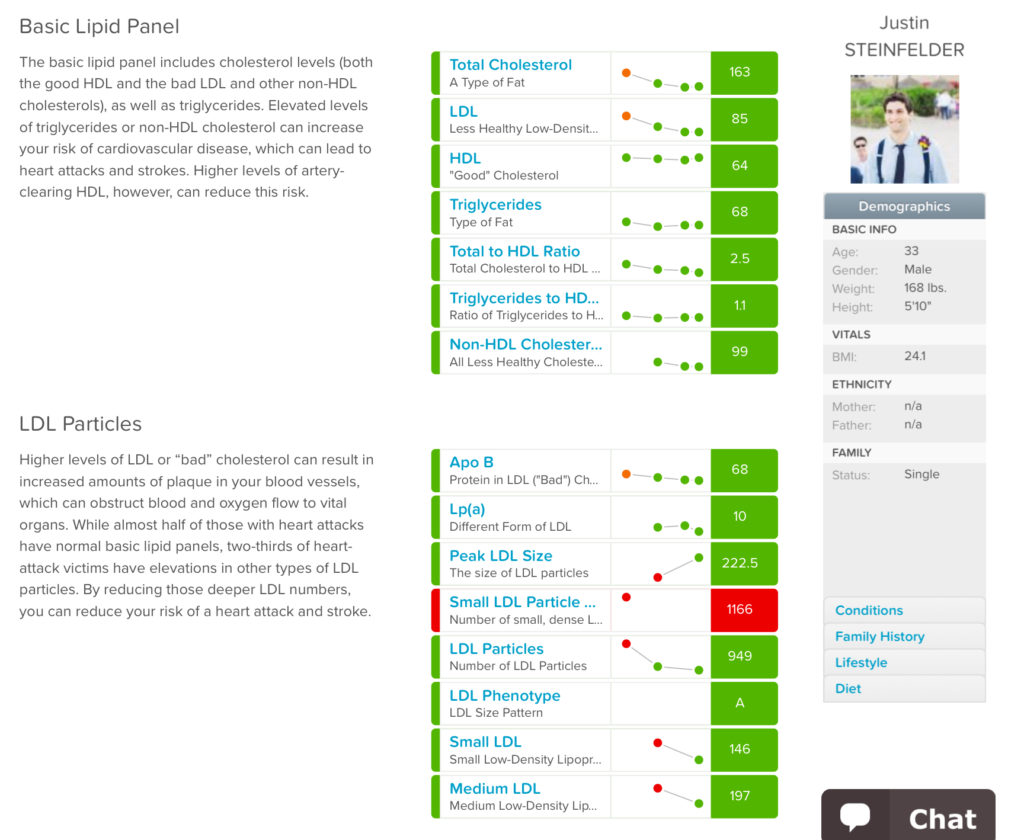

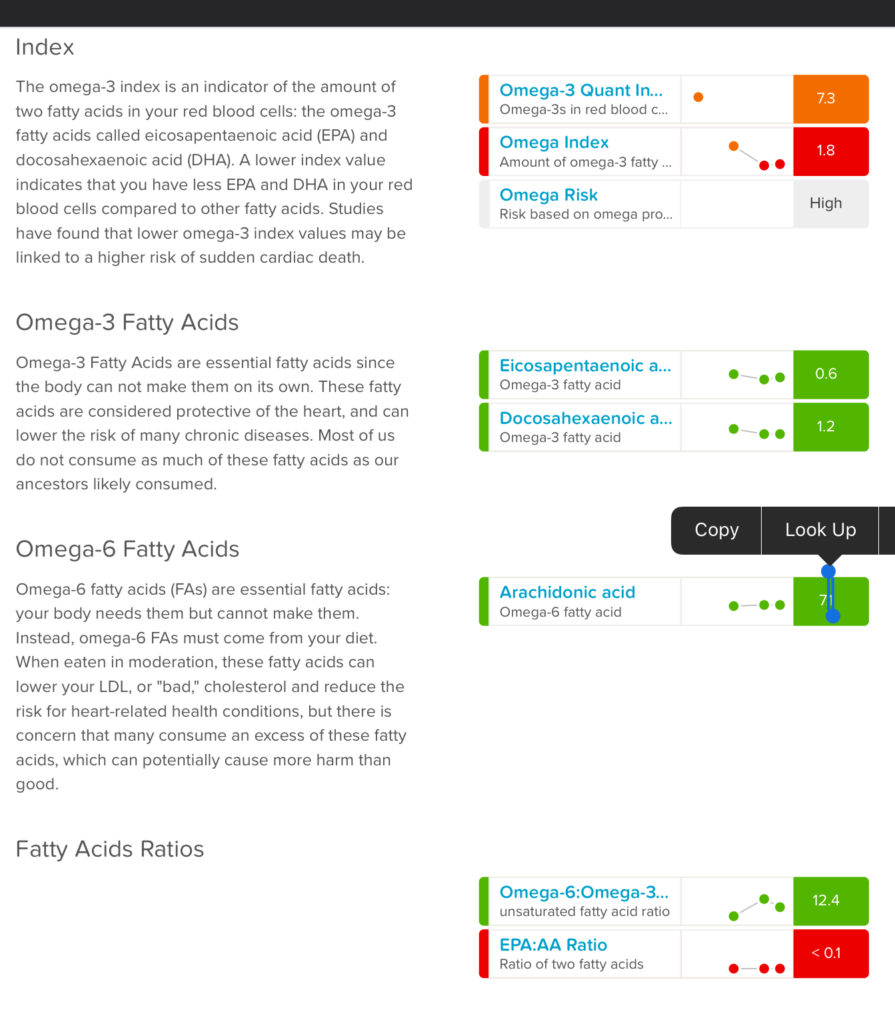
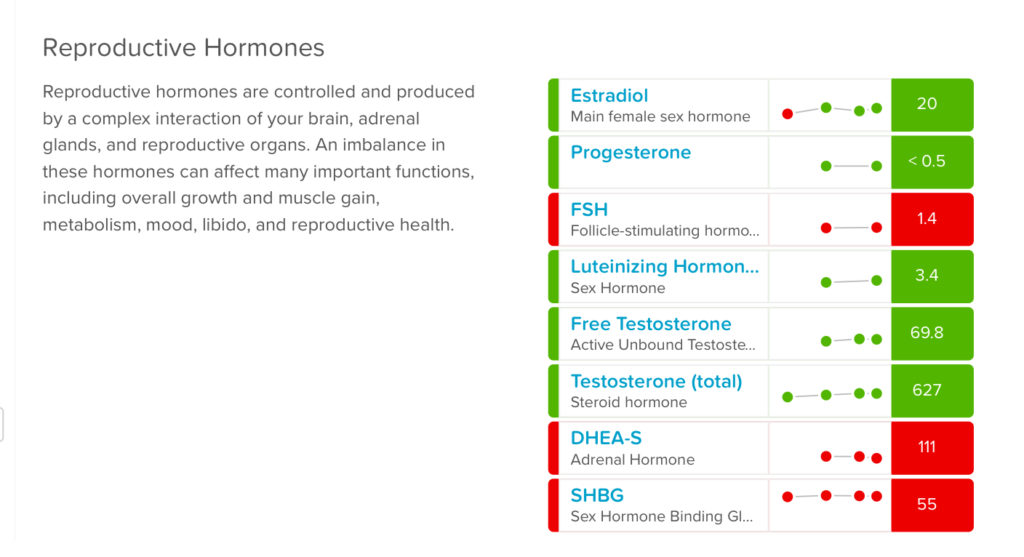
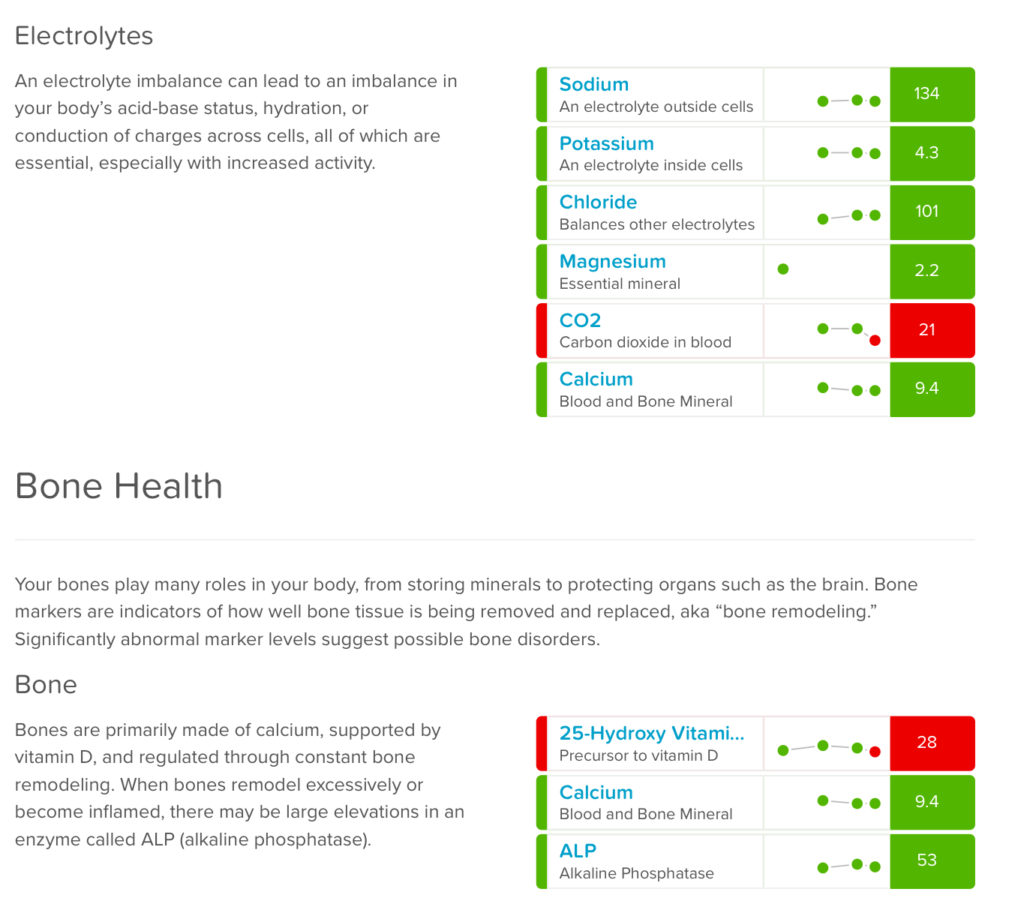
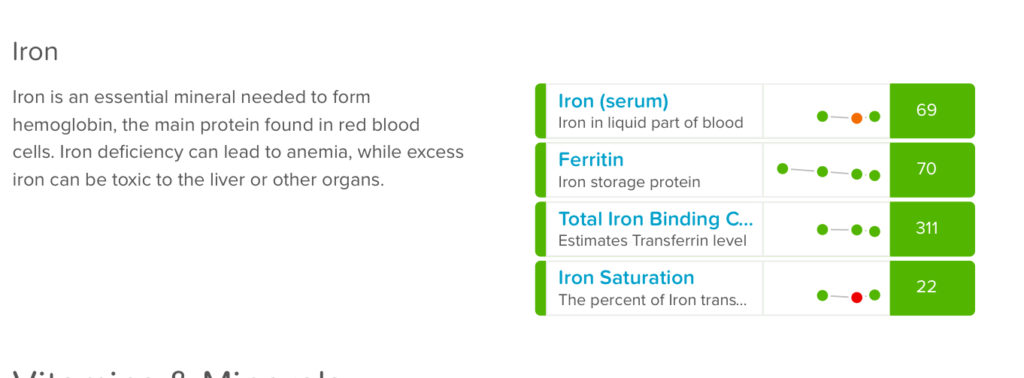
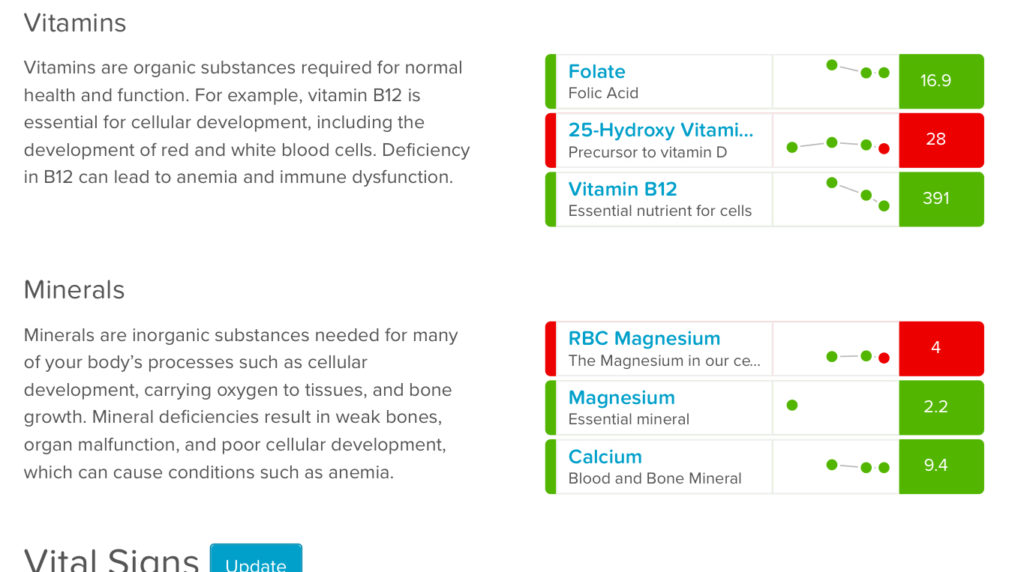
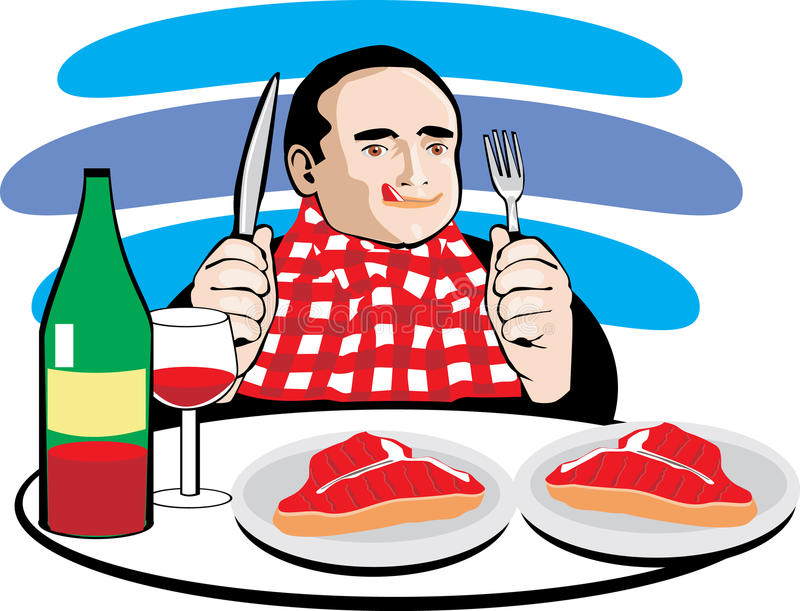
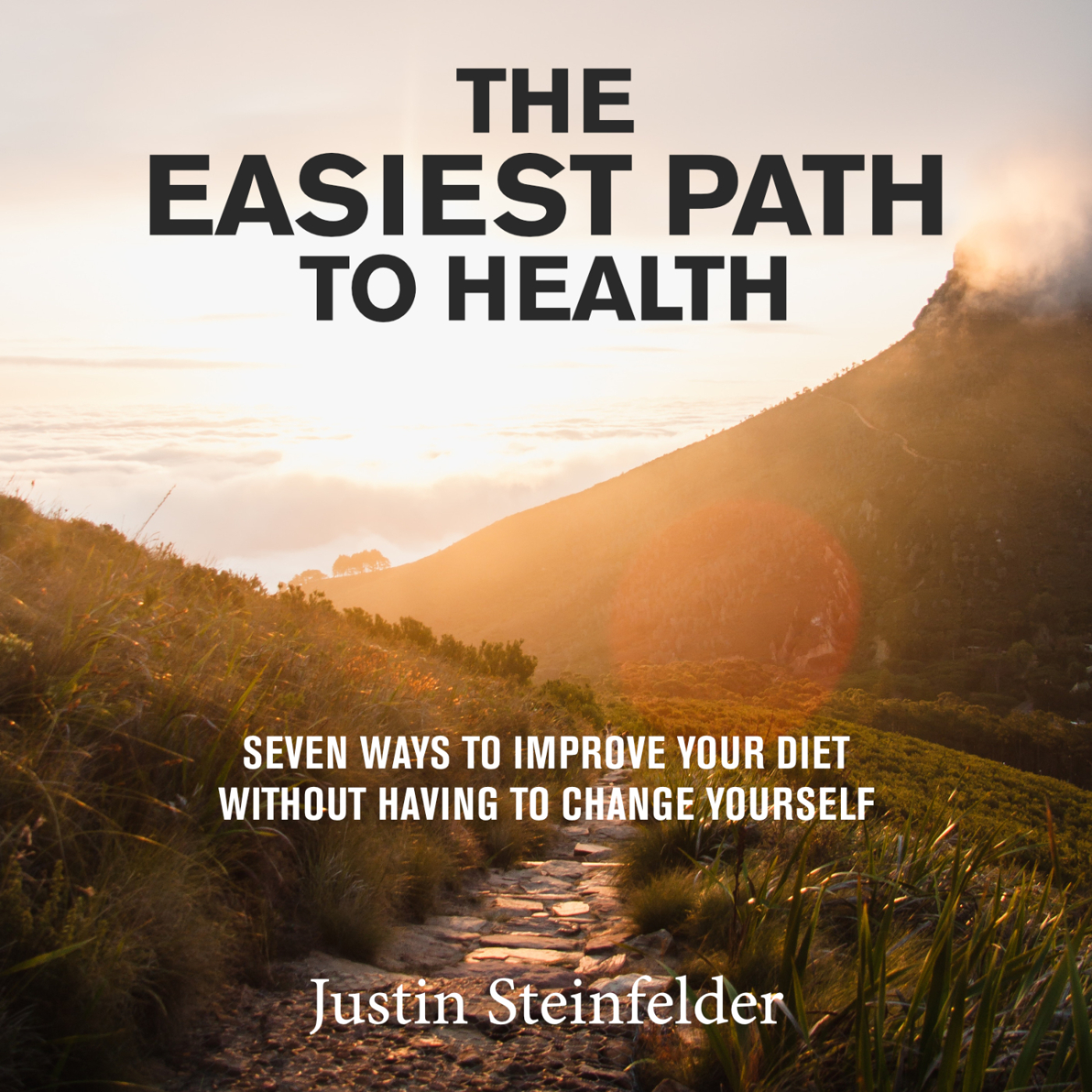

2 Comments on “My Meat Experiment”
As usual, a great article!! Beautifully written!! Can’t wait to see results.
Xoxo
The Momzy
Cool dude. Looking forward to the results. I recently got my blood tested for all that you show above and the numbers were pretty bad… Been on a mission to change my blood, but doing it much differently than by adopting a vegan diet. Phone call soon for details.
JOBS
Mignogna